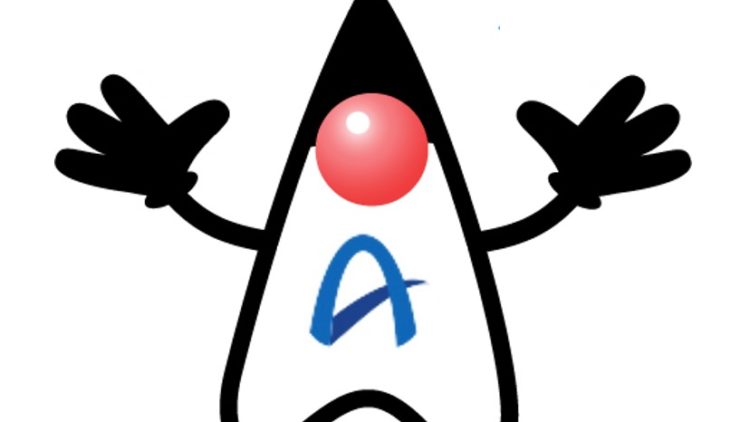
Java continues to vie for first place as the most popular platform for software development in the world. The power of the Java Virtual Machine (JVM) extends the platform’s appeal to applications developed in a variety of languages other than Java, like Scala, Kotlin and Clojure.
Almost every company from the Fortune 100 to SMEs across all industries use Java somewhere, whether it be in their data centers or the cloud. Many of these applications are mission-critical, delivering core functionality to keep businesses running and providing customers with the services they require.
As such a fundamental part of corporate infrastructure, it is critical to ensure the maximum level of security and stability. The current OpenJDK project is updated regularly with security patches and bug fixes developed by the many contributors to the project. Quarterly updates provide a predictable schedule for deployment in January, April, July and October.
Shortly before JDK 9 was released announcements were made about a change to the development of Java, moving to a strict six-monthly release cadence. This has proved popular with developers, delivering more features, more quickly than at any time in Java’s 25-year history. Oracle also announced changes to how it would license the use of the Oracle JDK, the one that most users were using at that time. From Oracle JDK 11 and Oracle JDK 8 update 211 (released in April 2019) the download and use are governed by the Oracle Technology Network License Agreement. This license grants free use only for personal use, development, Oracle approved product use or Oracle Cloud use.
With two Java releases every year, Oracle now provides Long-Term Support (LTS) for only specific releases. This started with JDK 8, and the current LTS release is JDK 11. Most Java users are deploying LTS releases into production to avoid having to update their Java runtime every six months.
These changes have led to Java users facing an unfamiliar situation: how to keep their Java deployments up to date with security patches and bug fixes. Downloading the Oracle JDK updates and deploying them freely is no longer an option.
Thankfully, there is now a wider choice of JDK distributions than ever before, both free and commercially supported. Azul is a leading supplier of both in the form of builds of Zulu OpenJDK (for free use) and Zulu Enterprise (for those requiring high-grade commercial support with clearly defined service-level agreements).
Azul recently commissioned a survey of enterprise Java users to gauge demand for alternative OpenJDK distributions. Although some customers have decided to continue to use (and pay for) the Oracle JDK, 80% of respondents said they were in the process of considering other options. Some users are evaluating free Java alternatives, but these pose substantial risks by not providing guarantees about when (or even if) updates will be made available. The rest, about half of current Oracle JDK users, need a cost-effective, enterprise-class solution that comes with timely, production-quality updates. This is where the Zulu Enterprise product is a perfect fit, offering identical functionality and, according to Azul customers, superior customer support compared to Oracle at a substantially lower price. The total addressable market for Zulu Enterprise is estimated to be in excess of $2.5 billion.
A third form of Zulu is available for ISVs and OEMs. . Broad chipset support, along with custom engineering for specific applications make this ideal for developing the Internet of Things (IoT).
For those customers with more demanding JVM-based workloads, Azul offers its Zing high-performance JVM. Through the use of innovative features like the C4 garbage collector, Falcon JIT compiler and ReadyNow warm-up elimination technology, Zing starts fasts, runs fast and stays fast whilst maintaining high throughput.
As the largest company in the world focused purely on Java and with the second largest Java engineering team after Oracle, many of whom have worked for Sun Microsystems and Oracle developing and driving the adoption of Java, Azul is ideally poised to help all users with their Java needs.




